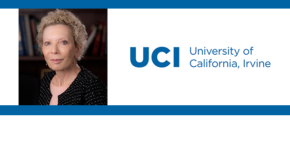Category: Neuroscience
-
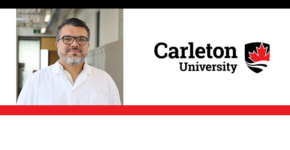
Argel Aguilar Valles, Carleton University – Can Non-Hallucinogenic Psychedelics Be Used to Treat Depression
Psychedelics may be the way out of depression. Argel Aguilar Valles, assistant professor in the department of neuroscience at Carleton University, explores why. Dr. Argel Aguilar Valles received his B.Sc. (Biology) and M.Sc. (Biochemistry) from the National Autonomous University of Mexico (UNAM). Then, he obtained his Ph.D. in Neuroscience at McGill University in 2011. Following…
-
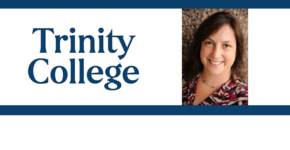
Sarah Raskin, Trinity College – Brain Injuries Aren’t Just Happening in Sports
It’s not just athletes who have to worry about brain injuries. Sarah Raskin, Charles A. Dana professor of psychology and neuroscience at Trinity College, details other areas of life that are sadly involved in these afflictions as well. Sarah A. Raskin, Ph.D. is a Board Certified Clinical Neuropsychologist and the Charles A. Dana Professor of…
-

Arianna Maffei, Stony Brook University – Children’s Food Experiences Shapes Grown-Ups’ Taste Preferences
Why do we like the food we like as adults? Arianna Maffei, professor of neurobiology and behavior at Stony Brook University, looks at the early years to find out. I am a neuroscientist and I study how experience and learning affect the brain. I obtained my Bachelor degree in Biology in 1997 and my PhD…
-

Jacob Pellinen, University of Colorado – Why Seizures Are Often Hard to Diagnose
Seizures can be hard to diagnose. Jacob Pellinen, assistant professor of neurology at the University of Colorado School of Medicine, determines why. Dr. Pellinen is an Assistant Professor of Neurology at the University of Colorado School of Medicine. He is a board-certified neurologist with additional board certification in epilepsy. He completed training in neurology at…
-

Bas Rokers, NYU Abu Dhabi – Your Brain on Virtual Reality
Virtual reality is here, but does it work for everyone? Bas Rokers, associate professor of psychology at NYU Abu Dhabi, examines the science behind the tech. Bas Rokers is Associate Professor of Psychology and the Director of the Neuroimaging Facility at New York University Abu Dhabi. His work has elucidated the neural mechanisms underlying visual…
-
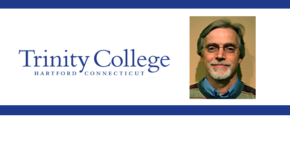
Dan Lloyd, Trinity College – Music As The Language of the Brain
On Trinity College Week: Does your brain speak in music? Dan Lloyd, professor of philosophy, discusses how repetition is shared between the language of music and our brains. Dan Lloyd wonders how our gray and squishy brains could be the location of the symphonic kaleidoscope of human consciousness. For centuries this question was the province…
-
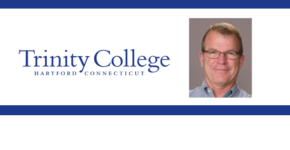
William Church, Trinity College – Cell Death and Parkinson’s Disease
On Trinity College Week: To help fight Parkinson’s disease, catch it earlier. William Church, associate professor of chemistry and neuroscience, examines the importance of early detection. Professor Church grew up in Virginia and received a B.S. in Chemistry at James Madison University. After taking a year off to work in a hospital where he realized…
-

Michael Grabowski, Manhattan College – Neuroscience and Horror Movies
Horror movies can be quite effective at scaring us. Michael Grabowski, associate professor of communication at Manhattan College, determines what makes them so successful. My background is in film, television and new media production, and my work on documentaries, short and feature films, commercials, music videos, and news has been seen at the Guggenheim, the…
-
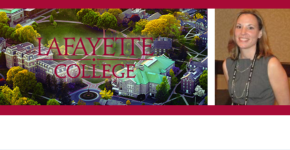
Lisa Gabel, Lafayette College – Diagnosing Dyslexia
Early intervention is key to closing the reading achievement gap. Lisa Gabel, associate professor of psychology and neuroscience at Lafayette College, discusses a new approach to catch dyslexia earlier and help children learn. Lisa Gabel is an associate professor of psychology and neuroscience and chair of the neuroscience program at Lafayette College. Her work focuses on…

